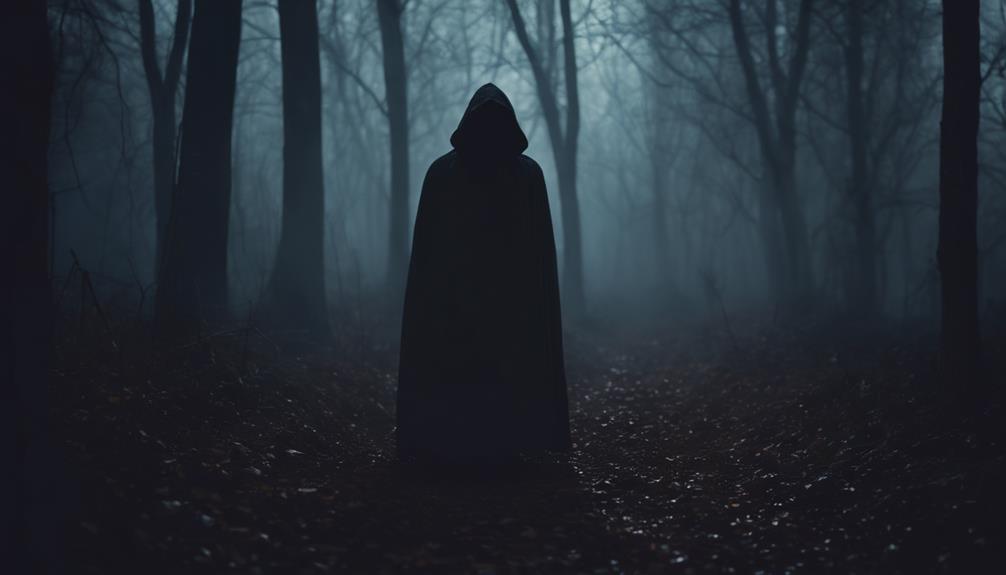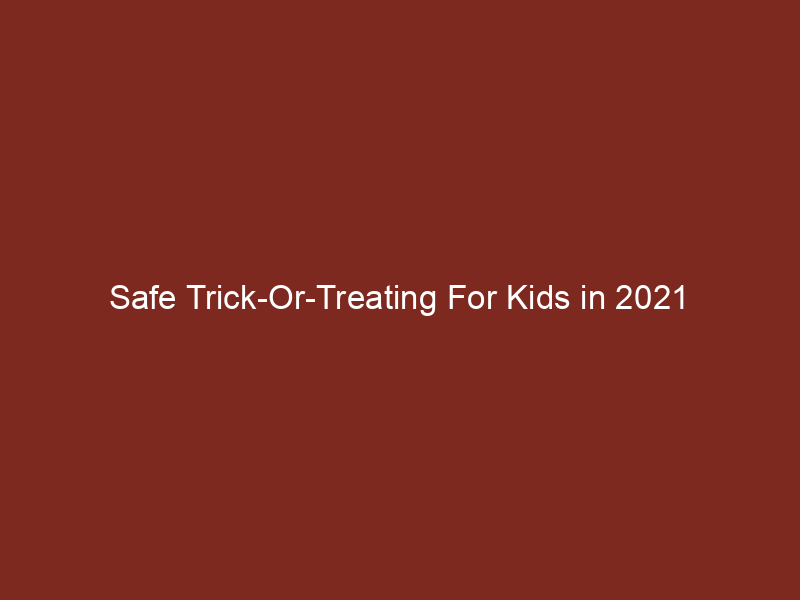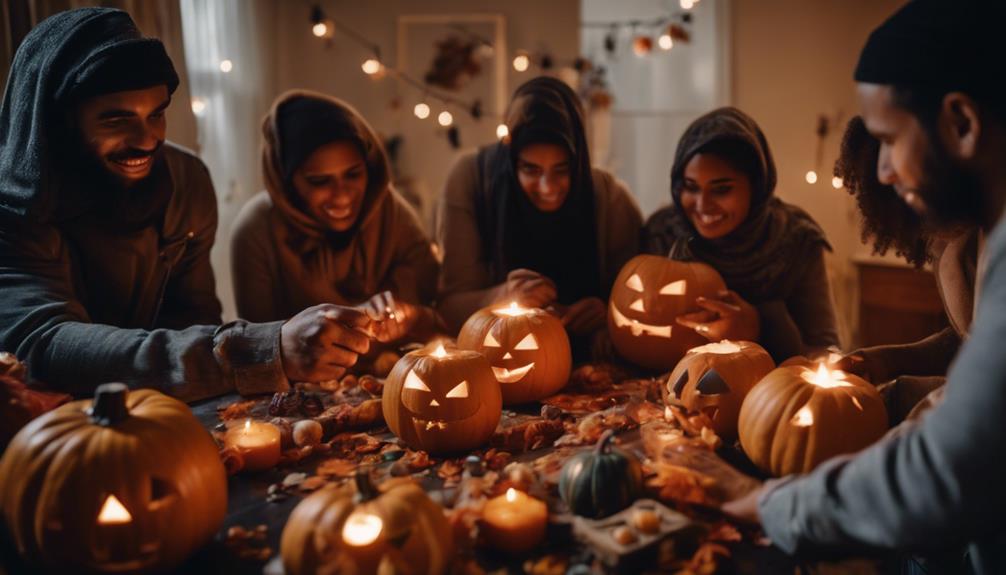When it comes to Halloween and the Bible, it cautions against practices like witchcraft and sorcery. Verses in Deuteronomy, Chronicles, Leviticus, and Revelation advise steering clear of these dark activities. Many Christians hold diverse views on celebrating Halloween, balancing community involvement with faith-based principles. By exploring the holiday's origins and meaning through biblical teachings, you can understand how to align your observance with virtuous elements. If you're curious to learn more about incorporating God's truth into Halloween customs, you can discover a deeper perspective on staying faithful while engaging in cultural festivities.
Key Takeaways
- Bible condemns witchcraft, sorcery, and consulting mediums.
- Scriptures warn against dark practices like those associated with Halloween.
- Christians should align celebrations with biblical principles.
- Understanding holiday origins helps relate it to faith.
- Balancing cultural engagement with faith is crucial.
Origins of Halloween in Christian Traditions
Christian traditions trace the origins of Halloween back to the 8th and 9th centuries when it began blending with ancient Celtic customs. The term 'Halloween' actually comes from 'All Hallows Eve,' the night before All Saints Day. This important Christian holiday, celebrating all the saints recognized by the Church, has roots going back to 4th-century Rome. Pope Gregory III designated November 1 as the official date for All Saints Day in the 8th century. However, as Halloween celebrations evolved, they incorporated elements from the Celtic festival of Samhain and other pagan practices. This blending led to controversies over the holiday's true origins.
The history of Halloween is intertwined with Christian traditions, even though it has absorbed diverse influences over time. Understanding the Christian origins of Halloween sheds light on its significance as a celebration that has evolved through the centuries. As you explore the origins of Halloween, you may find connections to biblical teachings and the rich tapestry of Christian history.
Biblical Warnings Against Dark Practices

Beware of the biblical warnings against dark practices such as witchcraft and sorcery, as explicitly stated in various passages. When it comes to Halloween, the Bible provides clear guidance on avoiding evil practices. Here are some key points to contemplate:
- Deuteronomy 18:10-12: These verses condemn witchcraft, sorcery, and abominable practices, emphasizing the seriousness of engaging in such activities.
- 2 Chronicles 33:6: This passage highlights the evil nature of witchcraft and sorcery, warning against involvement in these dark arts.
- Leviticus 20:6: God expresses disapproval of consulting mediums and spiritists, emphasizing the importance of seeking Him alone for guidance and protection.
- Revelation 21:8: Sorcerers are mentioned among those who'll face judgment, underscoring the consequences of partaking in sorcery and related practices.
Christian Perspective on Halloween Celebrations

When considering Halloween celebrations, it's important to recognize the diverse perspectives within the Christian community. Some Christians celebrate Halloween as a way to engage in community outreach and provide a positive, faith-based environment during a traditionally secular holiday. For others, the origins of Halloween, rooted in pagan practices and the association with evil spirits, lead them to avoid participating in the celebrations. However, many find a middle ground, choosing to celebrate Halloween while focusing on themes of light, joy, and the opportunity to connect with their community.
| Perspective | Approach | Rationale |
|---|---|---|
| Active Participation | Community Outreach | Engaging with the community in a positive way, reflecting Christ's love |
| Avoidance | Pagan Roots | Concerns over the holiday's historical ties to pagan practices |
| Balanced Approach | Faith-Based Focus | Celebrating with a focus on light, joy, and community connection |
| Denominational Views | Saints Day | Acknowledging All Hallows Eve as a precursor to All Saints Day in the Catholic faith |
In navigating Halloween celebrations, Christians weigh personal beliefs, denominational teachings, and church practices to determine their level of participation while keeping their focus on honoring the Lord.
Understanding Halloween Through a Biblical Lens

Exploring Halloween's significance through a biblical lens reveals its interconnectedness with Christian traditions and cultural practices. When delving into the origins and customs associated with Halloween, certain biblical principles shed light on its deeper meanings:
- All Hallows Eve: This precursor to Halloween in Christian tradition serves as a day to honor departed family members and saints.
- Celtic Festival of Samhain: The roots of Halloween trace back to this ancient Celtic festival, eventually blending with Christian practices over time.
- Costumes and Pumpkins: The act of dressing up in costumes and carving pumpkins during Halloween actually have Christian origins, symbolizing various themes.
- Cultural Background: Understanding Halloween through a biblical lens involves examining its historical and cultural background to grasp the intertwining of different traditions and beliefs.
Incorporating God's Truth in Halloween Observance

Incorporating God's truth in observing Halloween involves aligning celebrations with virtuous and praiseworthy elements. While Halloween may have dark connotations, Christians can navigate this holiday by staying true to biblical principles.
Understanding the origins and meaning of Halloween can help believers relate it to their faith and values. By using discernment, Christians can participate in Halloween activities while focusing on God-honoring practices.
Balancing cultural engagement with biblical principles is important when incorporating God's truth in Halloween observance. It's vital to approach this holiday with faith and wisdom, ensuring that the celebrations reflect virtuous and uplifting aspects.
Frequently Asked Questions
Is It Okay for Christians to Celebrate Halloween?
It's up to you whether Christians can celebrate Halloween. Some see it as conflicting with their faith due to its origins and associations. Others view it as a chance for positive engagement, like community outreach. Your decision may rely on personal beliefs, church teachings, and biblical principles.
Some churches offer alternatives like Harvest Festivals. Ultimately, it's your call, weighing your faith, values, and how you want to engage with Halloween.
What Does Halloween Mean in Christianity?
In Christianity, Halloween, also known as All Hallows Eve, symbolizes the night before All Saints Day. It holds significance as a time to honor saints and deceased loved ones, marking the beginning of Allhallowtide in the Christian calendar.
The name 'Halloween' itself means 'holy evening' and intertwines Christian traditions with ancient Celtic beliefs. Its date was established by Pope Gregory III to coincide with Christian celebrations of saints and martyrs.
Can Christians Dress up for Halloween?
Yes, Christians can dress up for Halloween. Many believers see it as a fun way to participate in the festivities. Some choose costumes that align with their values, while others prefer to avoid darker themes. Ultimately, individual convictions and personal conscience guide this decision.
It's important to respect others' choices and show love and understanding in how we approach this holiday.
What Is the Real Meaning of Halloween?
The real meaning of Halloween lies in its historical roots, blending ancient Celtic traditions with Christian observances. This fusion created a holiday rich in cultural significance, symbolizing the shift from light to dark as winter approaches.
Celebrated on October 31st, Halloween offers a time for playful festivities like dressing up and trick-or-treating, while also honoring the spiritual aspects of life and death. Embrace the diversity and depth of this unique holiday tradition.
Conclusion
To sum up, the Bible offers guidance on Halloween, cautioning against dark practices and encouraging believers to seek God's truth in all things.
By understanding the origins of Halloween and approaching celebrations with a biblical perspective, Christians can make informed choices about how to observe the holiday.
Incorporating God's truth in Halloween observance can help believers navigate this season with wisdom and discernment, honoring God in all things.










